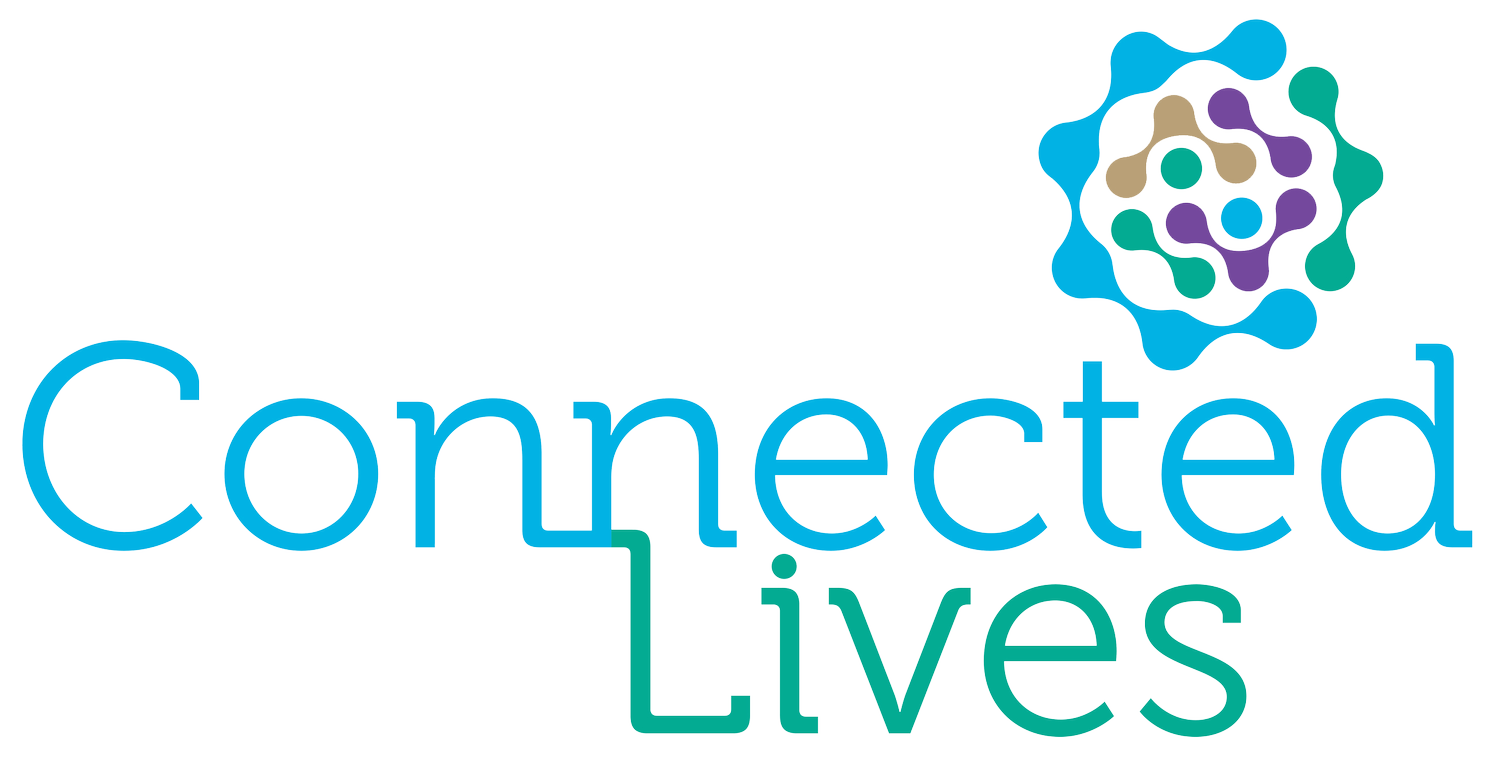Mental Health Awareness Week
This week is Mental Health Awareness Week. Our mental health is so important and deserves all the focus that this week should bring to it. But if we really want to begin to change the worrying statistics around mental health we need to do more than just be aware, we need to start taking action. Here are three areas where I think we should focus our attention.
Wider Wellbeing Wisdom
Of the three areas for action, this is the one in which most progress has been made. Growing up in the 1980’s mental health was only discussed in relation to people at crisis point. There was (at least in the circles I moved) next to no recognition of the steps we can all take to improve our mental wellbeing. Pioneers such as Dr Bruce Perry, Dr Dan Siegel and our very own Louise Bomber (Clinical Director TouchBase) have given us an understanding of how our brains work best, how stress and trauma impacts this and what we can do to combat it. In a great podcast for Connected Lives, Louise talked about 10 easy steps to dial down stress.
Breathe – The quickest way to get out of the panic/stress state and into the social engagement system is to breathe. Try the simple 4,2,6,2 exercise – breathe in for 4 seconds, hold for 2, out for 6, hold for 2.
Power Posing – Turns out superheroes may have been onto something. If we strike a pose and hold it for even a minute, this can have a big impact on our sense of wellbeing.
Have a cuddle – Cuddling and touch is incredibly important. If a human or pet isn’t available wrap yourself in a blanket tightly.
Music – There are particular kinds of music such as monastic chants or apparently Joni Mitchell (something to do with the pentatonic scale) that soothe us.
Aerobic Movement – Anything that gets your heart rate up is good. Have a dance, jump on the spot.
Sing – In this instance tunefulness couldn’t matter less. Put on your favourite sing-along song and sing along!
Chew – One reason we snack when stressed is because chewing is good for us. The simple act of chewing stimulates the vagus nerve and that’s a very good thing for making us calmer. The crunchier and chewier the snack the better
Connection – Connecting with people who understand us, who are there for us and who care for us is hugely beneficial. Don’t be afraid to reach out and if you can’t access them imagine what they would say if they were sitting right next to you.
Laughing – Watching something funny that makes us laugh out loud dials down our stress systems.
Embrace wonder – The theme of this week’s mental health awareness week is nature. Focusing on something beautiful in nature, choosing to simply stop and be present is good for our minds and souls.
All of the above have an immediate impact on how we are feeling, engaging in them little and often can help dial down our stress systems and lead to better wellbeing. Of course none of the above will ‘heal us’ from a mental illness, in the same way that ‘five a day’ won’t cure an infection. But in the same way ‘five a day’ is good for our physical health, ‘ten a day’ is good for our mental health.
Targeted interventions at the earliest possible stage
Human beings are relational beings and there is a strong correlation between the strength and quality of our close relationships and our mental wellbeing. Relationships are essential but they are not always easy. It won’t come as any surprise to anyone who knows the work of Connected Lives that I believe in early intervention!
Having support available for families at the earliest possible time before they hit crisis point makes sense on every level. It’s easier to change patterns of relating before they have become intractable and well-worn; it is more cost effective and it heads off so many struggles and difficulties before they even begin. If I ruled the world I would ensure that every parent, carer and partner had access to groups such as Circle of Security-Parenting, where participants are given space and help in thinking about what their children need from them, where they struggle to meet these legitimate needs and how to change these instinctive ‘wired-in’ responses.
Lower thresholds for ‘crisis intervention’
CAMHS units are overwhelmed; individuals and families who would have previously met the criteria for support and help are being told they are not yet struggling enough to qualify for intervention. This means that while those who have the ability to pay can always get help, those for whom private therapy or support is out of the question are left waiting until the situation worsens. The majority of people don’t seek out help for the sake of it. They seek help when their own capacity to cope and adapt is not working. Offering help and support when families first need it and not requiring them to wait for weeks or months or worse still to come back only when it is a full-blown crisis, should be part of our primary mental health care strategy.
How wonderful it would be if by the next Mental Health Awareness week we could look and chart the progress we’ve made in all of these three areas. It won’t be easy but we are all most certainly worth it.
Jenny Peters, May 2021
